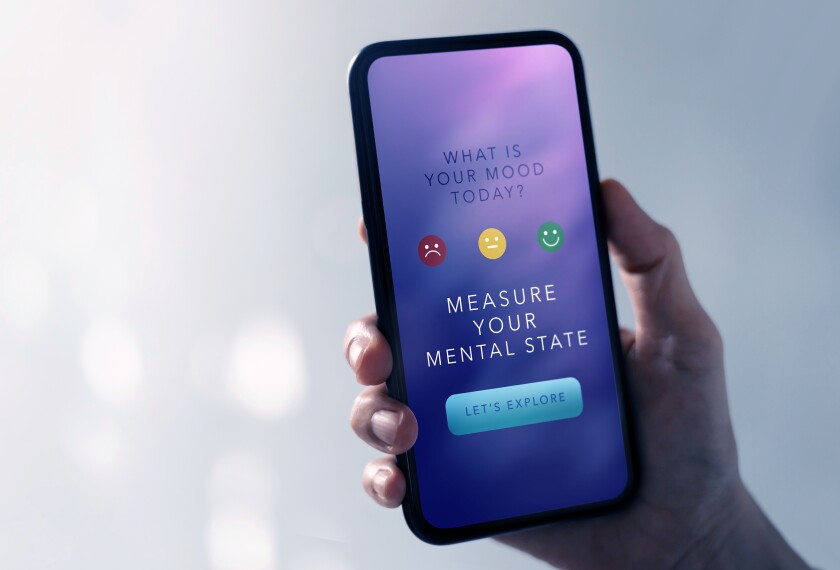Traditional recess, that half-hour break in the school day when youngsters can run around freely in the playground (or not) is getting a bad rap. All across the country, it seems, elementary schools have decided to make recess a gentler experience, one more suited to the notion that children face danger on all sides and need our constant vigilance. Different schools give different reasons for this shift, but the underlying factor is the possibility that in an unstructured setting, young people may be unnecessarily bruised, either physically or emotionally.
Such concerns have led the Oakdale School in Montville, Conn., to cut out “body-banging” games like kickball and soccer, while substituting a range of “moving about” activities, from strolling the play area with the school nurse to picking up litter. At Willett Elementary School in Attleboro, Mass., all unsupervised “chasing games” have been banned because of potential danger and their exclusionary nature. Similar worries are causing elementary schools all across the country to scrutinize their recess policies.
Plenty of parents and educators are up in arms at what they perceive as political correctness run amok. They don’t like the notion that tag and kickball are banned, and are dubious about whether jumping rope and twirling Hula Hoops will pick up the slack. These angry parents argue that doing away with recess will lead to more childhood obesity and ill equip young people to prepare for the competition they will encounter as adults.
While I agree that recess, in all its unstructured glory, should prevail, I think these concerns miss the importance of what recess is all about. Participation in gym and sports, both after school and on the weekend, provides a much greater antidote to the problem of obesity than a short period of recess each day can hope to offer. As for learning early about competition? As any child will tell you, no matter how hard the gym teacher tries to select evenly matched teams, the strong athletes know who they are, and so does everyone else in the class.
What is <i>most</i> important about recess is that it is the only unstructured time in a long day for most children.
Today, our kids’ lives are organized to the hilt. For that reason, what is most important about recess is that it is the only unstructured time in a long day for most children, who find themselves in classrooms where the No Child Left Behind Act requires a rigorous schedule of standardized-test preparation. After school, many children attend some other kind of organized activity—sports, tutoring, music lessons, or Scout meetings.
Recess, on the other hand, is about freedom. As teachers keep watch, the typical recess scenario unfolds something like this. Some kids race toward the swings or monkey bars, while others organize a quick game of dodgeball. Several do no more than chatter, a few chase each other, some jump rope, and some play hopscotch. It is a fluid tableau that affords youngsters a breather, a short period that can work as rest or recreation, but it’s the child who decides, not the gym teacher. During recess, children are in a peer setting where they can watch how other kids act, decide whom they like and don’t like, and figure out why. With this knowledge, they are armed with some important clues about how to go forth into the larger world.
At no other time during a school day is this freedom available. Yes, there will be injuries and hurt feelings, but no more than in gym class, where bumps and bruises are common, or in the actual classroom, where how well a child reads or performs at math is no secret to anyone.
When I was in elementary school, recess was my favorite part of the school day. Our teachers stood benignly on the perimeter of our activity while we did what we pleased. My best friend and I played jacks, jumped rope, or—our favorite—just huddled together and talked. In our own way, I suppose we were exclusionary, and while I don’t remember children standing alone or suffering any injuries, I am sure both occasionally occurred. Then it was up to the school nurse and the teachers to pass out Band-Aids and sympathy.
It is common wisdom that, for a preschooler, play is work. But our elementary school children are not yet primed to spend a full eight hours each day in a structured, mostly academic environment. That precious 30 minutes of recess should not be relegated to the altar of political correctness.




